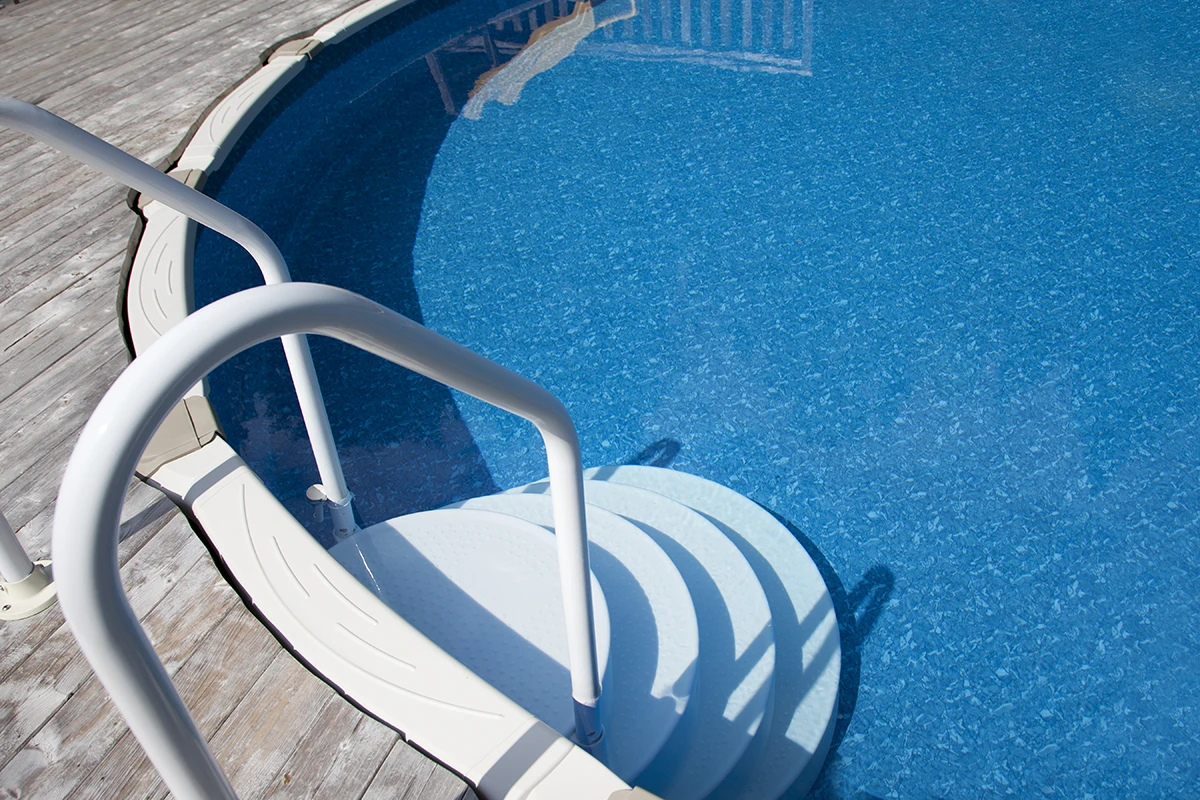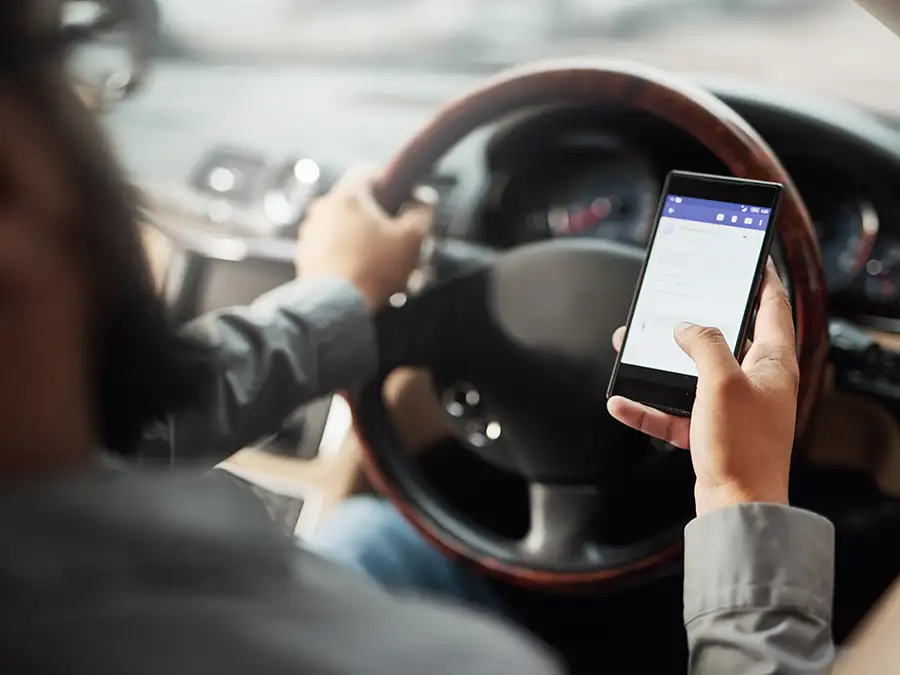If you’ve experienced an accident on someone’s property in Florida that resulted in serious injuries, it’s important to understand that property owners bear responsibility for maintaining a safe environment. This legal principle, known as premises liability, becomes crucial in personal injury cases where harm stems from hazardous conditions on another’s property.
If you believe you’ve been the victim of a property owner’s negligence, the experienced Miami injury attorneys at Redondo Law are here to assist you in obtaining the compensation you deserve for medical expenses, lost wages, pain and suffering, and more.
Reach out today to schedule a free consultation to explore your legal options.
What is an example of a premises liability claim?
Premises liability accidents often occur in large grocery store chains like Walmart, as well as in restaurants, amusement parks, hotels, parking lots, airports, retail stores and other public areas.
While there are many different accidents that could qualify as a premises liability claim, below are some of the most common.
These are the most frequent types of premises liability claims, often caused by wet floors, uneven surfaces, loose rugs or poorly maintained walkways. Examples of slip-and-fall accidents include:
- Slipping on a spilled liquid or a recently waxed floor in a grocery store.
- Tripping on a broken sidewalk curb or pothole in a restaurant parking lot.
- Tripping over a cord stretched across a walkway or items in aisles.
- Tripping on frayed or unsecured rugs or carpets.
Inadequate maintenance
A property owner must maintain their property in a reasonably safe condition. Examples of accidents caused by poor maintenance include:
- Falling due to a loose railing on a balcony.
- Being bitten by a dog due to inadequate fencing or leashing.
- Suffering an injury because of a malfunctioning elevator or escalator.
Swimming pool accidents
Pool owners have a heightened duty of care due to the inherent drowning risks associated with swimming pools. Examples of accidents from swimming pools include:
- Drowning due to a lack of proper supervision or signage.
- Slipping on a wet deck due to inadequate drainage.
- Suffering an injury from a malfunctioning diving board.
Negligent security
Property owners must provide reasonable security measures to prevent criminal activity. Examples of accidents from inadequate security include:
- Being assaulted in a poorly lit parking lot.
- Getting robbed due to a broken security gate.
- Suffering injuries during a burglary due to faulty locks.
Other potential scenarios in which a property owner might be negligent include:
- Falling merchandise in a store.
- Faulty amusement park rides.
- Fires caused by electrical hazards on the property.
It’s important to remember that these are just some examples, and premises liability can apply to a wide range of situations. If you’ve been injured on someone else’s property, it’s always best to consult with an attorney to understand your legal options.
What are the most common injuries stemming from a premises liability accident?
Although a premises liability accident can lead to any number of serious and catastrophic injuries, some of the most common injuries related to a premises liability claim include the following:
- Traumatic brain injuries like brain bleeds and concussions
- Spinal cord injuries
- Dog bites and other animal-inflicted injuries
- Burns
- Internal injuries like organ damage
- Electrocution
- Muscle strains
- Torn ligaments
- Dislocated or broken bones
- Lacerations
A guide to Florida economic damages in personal injury claims
Learn about economic damages in Florida personal injury and accident claims, including medical expenses, property damage, lost wages and more.
What responsibility do property owners have to keep their properties safe?
In the state of Florida, the first step in a premises liability claim is to determine your status on the property.
Invitees
The first status is that of an invitee, which is further divided into public invitees and business invitees.
A public invitee is a member of the public who has been invited to enter or remain on a property for the specific purpose for which the land is held open to the public. As an example, a grocery store invites the public to come onto the property and shop.
A business invitee has either directly or indirectly been invited onto the property to engage in business dealings with the owner of the property.
As an invitee, you are owed a high level of care from property owners; the owner must maintain the property in a reasonably safe condition and warn of any existing hazards they are aware of or should have been aware of. Social guests of the property owner are considered licensees by invitation.
Licensees
Next in the hierarchy come uninvited licensees—those who choose to come on the property solely for their own convenience, absent an expressed or implied invitation. An example of an uninvited licensee might be a door-to-door salesperson or a child coming on the premises to retrieve their ball.
Property owners owe a lower duty of care to licensees than they do to invitees and generally must only warn of known dangers.
Trespassers
Finally, there are trespassers—those who enter the property of another without a license, an invitation or other rights, intruding for their own purpose. Property owners have very little duty toward a trespasser other than to refrain from inflicting willful or wanton injury on the trespasser.
However, a property owner may still owe some level of care to warn known trespassers of known dangers, such as children who frequently trespass to cross the land as a shortcut.
What is the assumption of risk in premises liability?
In the context of premises liability, “assumption of risk” refers to a legal doctrine where an injured party partially or fully accepts responsibility for their own injuries by voluntarily exposing themselves to a known danger on someone else’s property. This can potentially weaken or even bar their claim for compensation.
However, for the assumption of risk to be a valid reason for denying property owner liability, the following must be true:
- Knowledge of the risk. The injured party must have had actual knowledge of the specific danger that caused their injury. This can be established through various means, like warnings, visual cues, or common knowledge about the inherent risks of certain activities.
- Voluntary acceptance. The injured party must have freely chosen to expose themselves to the risk despite being aware of it. This doesn’t always require explicit verbal or written consent, but rather actions demonstrating understanding and acceptance of the potential harm.
Some examples where there was an assumption of risk might include:
- Playing on a closed playground where “Danger” signs were posted.
- Entering a construction zone without permission.
- Ignoring warnings about a slippery floor and choosing to walk on it anyway.
In such cases, it’s important to understand that the burden of proof lies with the property owner to demonstrate that the injured party assumed the risk. It’s also possible that even if you did assume some risk, you may still be able to recover partial compensation for your injuries.
Because these cases can be complicated, it’s crucial to involve a premises liability attorney as soon as possible after an injury on someone else’s property to protect your rights.
Comparative negligence versus contributory negligence
Understand how Florida’s new comparative negligence law could impact your compensation in a personal injury case.
How do you prove premises liability?
Proving premises liability requires demonstrating several key points:
- Proving ownership duty and breach. You must show the owner owed you a specific duty of care based on your legal status on the property (invitee, licensee, trespasser) and that they breached that duty by failing to maintain a safe space or warn of known dangers.
- Proving direct causation and damages. Crucially, you need to prove that the unsafe condition directly caused your specific injuries and that you suffered quantifiable damages like medical bills, lost wages, or pain and suffering.
- Collecting evidence. Gathering evidence like photos, medical records and witness statements is also critical.
Consulting an experienced personal injury lawyer is highly recommended, as they can navigate the nuances of your local laws, build a strong case, and represent you effectively. Remember, legal specifics vary, so seeking expert guidance is vital for maximizing your chances of success.
What is the statute of limitations on premises liability in Florida?
In Florida, the statute of limitations for premises liability cases is typically 2 years. This timeframe is essential to understand, as exceeding the deadline could prevent you from pursuing legal action and seeking compensation for your injuries.
Looking for the best premises liability lawyer in Miami?
Premises liability cases can be complex; just because you were injured while on the property of another does not automatically mean that negligence was the cause or that the property owner necessarily owed you a duty of care. As such, it’s always a good idea to speak to an experienced Miami premises liability lawyer to determine whether you have a viable claim.
At Redondo Law, knowledgeable personal injury attorney Mike Redondo is experienced in premises liability claims. He has the necessary skills to help you through this difficult time and will work hard on your behalf to secure an equitable settlement for you that covers your medical expenses, lost wages, and pain and suffering.
Mike believes in his clients and always goes the extra mile to get them the compensation they deserve. Contact Redondo Law today using the form below to schedule a free consultation to learn how Mike can help with your premises liability claim.



